Whether you’re tightening bolts, yanking off nuts, or messing with any other threaded fasteners, wrenches are total must-haves—with one in hand, you can get those tightening/loosening jobs done right and without breaking a sweat. Don’t sleep on how useful these things are, either; they do some key work: give you enough oomph to turn fasteners without slipping, keep the edges of bolts and nuts from getting chewed up, and fit into all sorts of tricky spots where you need to work.
Common Types of Wrenches
Wrenches are made for real-world needs—some are good for squeezing into tight gaps, others let you really lean into it for torque, and some are just quick to use. These three are the ones you’ll reach for most:
Hex key:Super simple design - hexagonal cross-section, usually either L-shaped or T-shaped handle. What's the best part? It can be perfectly installed on hex socket screws - you know, when you repair your mobile phone or laptop, or work on factory machines, you will find these screws.
Torx key:The Torx key features a closed jaw design, which tightly engages the bolt to prevent slippage and ensures uniform force transmission. It is suitable for scenarios such as automotive maintenance and mechanical manufacturing. With anti-rust treatment and an ergonomic handle, it is durable and labor-saving, making it a great helper for professional fastening operations.
Universal hex wrench: It has universal joints and the Angle can be flexibly adjusted, so it is not afraid of narrow and tricky Spaces. The hexagonal head is compatible with common screws. When in use, it is both labor-saving and accurate. Whether repairing machinery or installing electronic products, it can tighten screws quickly and accurately, greatly improving work efficiency. It is a practical and good tool.
Application Scenarios of Wrenches
Picking the right wrench isn’t just about speed—it also keeps fasteners from breaking and keeps you safe. Here’s where you’ll use them most:
1. Automotive Maintenance and Repair
Go-to wrenches: Box-End Wrenches, Cross Wrenches
What you’ll use them for: Tightening engine bolts? A box-end wrench won’t chew up the edges and still gives you enough oomph. Changing a tire? Grab the cross wrench—loosens or tightens lug nuts fast and solid. Fixing chassis parts? Space is tight, but a 12-point box-end wrench locks back on with just a twist. Super convenient.
2. Industrial Machinery and Equipment
Go-to wrenches: Hex Wrenches, Box-End Wrenches
Factory uses: Assembling precision machine parts? The tiny hex socket screws in gearboxes only work with a hex wrench—nothing else fits right. Maintaining conveyor belts? Box-end wrenches keep you from slipping when you’re tightening roller nuts. Fixing production robots? An L-shaped hex wrench can squeeze into the narrow gaps in the arms—total lifesaver.
3. Furniture Assembly and Home Repairs
Go-to wrenches: Hex Wrenches, Box-End Wrenches
Home jobs: Putting together that flat-pack dresser? A hex wrench is the only thing that fits those tiny screws. Fixing appliances? Small hex wrenches work for oven door hinges or washing machine parts. Installing a faucet under the sink? Use a box-end wrench to tighten the nuts—no scratches, no slips.
How to Customize Exclusive Wrenches
At Yuhuang, customizing wrenches is so easy—no guessing, just tools that fit your needs perfectly. All you have to do is tell us a few key things:
1.Material: What do you need it for? Chrome-vanadium steel is great if you’re using it a lot or need torque. Carbon steel is cheap and cheerful for home/office use. Stainless steel doesn’t rust—perfect for outdoor or damp spots (like on a boat).
2.Type: What kind do you want? Hex wrenches can be cut to length—whether you need to reach deep holes or narrow gaps. Box-end wrenches come in 6 or 12-point, single or double-ended. Cross wrenches can have custom socket sizes, even for weird, non-standard lug nuts.
3.Dimensions: Specific sizes? For hex wrenches, tell us the cross-section (like 5mm or 8mm—needs to fit the screw!) and length (to reach deep spots). For box-end, socket size (13mm, 15mm) and handle length (longer = more torque). For cross wrenches, arm length and socket inside size (to match your lug nuts).
4.Surface Treatment: How do you want it to look/feel? Chrome plating is smooth and rust-proof—good for indoor use. Black oxide gives better grip and holds up to rough use. We can even add rubber grips to the handles, so your hands don’t get sore if you use it for a while.
5.Special Needs: Anything extra? Like a wrench that’s hex on one end and box on the other, your logo on the handle, or one that can handle high heat (for engine work)? Just say the word.
Share these details, and we’ll first check if it’s doable. If you need advice, we’ll help—then send you wrenches that fit like a glove.
FAQ
Q: How do I pick the right wrench for different fasteners?
A: Hex socket screws (electronics, furniture)? Use a hex wrench. Hex bolts/nuts that need torque (car parts)? Go for a box-end. Lug nuts? Only use a cross wrench—don’t mix these up!
Q: What if a wrench slips and ruins a fastener?
A: Stop using it immediately! The wrench is definitely the wrong size—get one that matches exactly (like a 10mm box-end for a 10mm nut). If the fastener’s just a little messed up, use a 6-point box-end—it touches more of the surface, so it won’t make it worse. If it’s really damaged, replace the fastener first.
Q: Do I need to maintain wrenches regularly?
A: For sure! After using them, wipe off dirt, oil, or rust with a wire brush or degreaser. For chrome-plated ones, put a thin layer of oil on them to keep rust away. Don’t leave them in damp spots or near chemicals—they’ll last way longer that way.
Q: Can I use a cross wrench for other fasteners besides lug nuts?
A: Usually not. Cross wrenches are made just for big lug nuts—they don’t need crazy torque, but the socket size and arm length are wrong for smaller bolts (like engine parts). Using it on other stuff might over-tighten or break things.
Q: Is a T-handle hex wrench better than an L-shaped one?
A: Depends on what you’re doing! If you use it a lot or work in a spot that’s not too tight (like assembling a bookshelf), T-handle is easier on your hands and saves effort. If you’re squeezing into a tiny gap (like inside a laptop) or need to carry it around, L-shaped is more flexible. Pick based on what you’re working on.



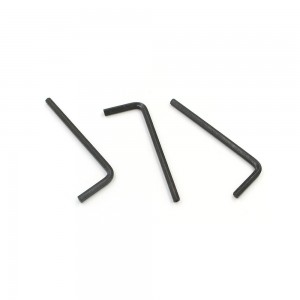

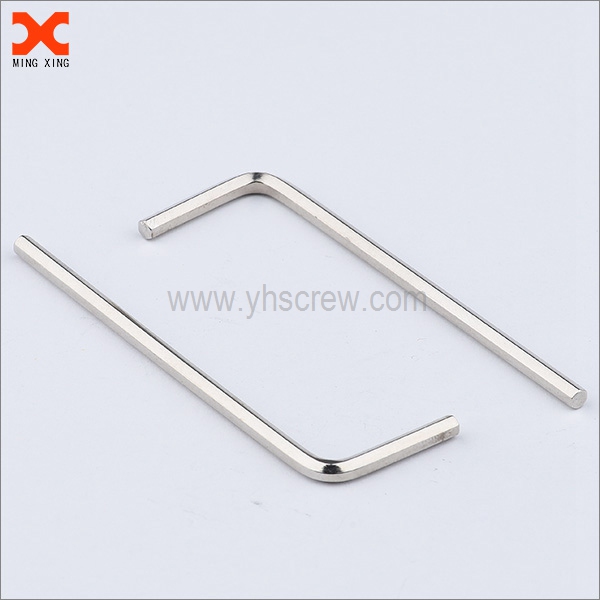
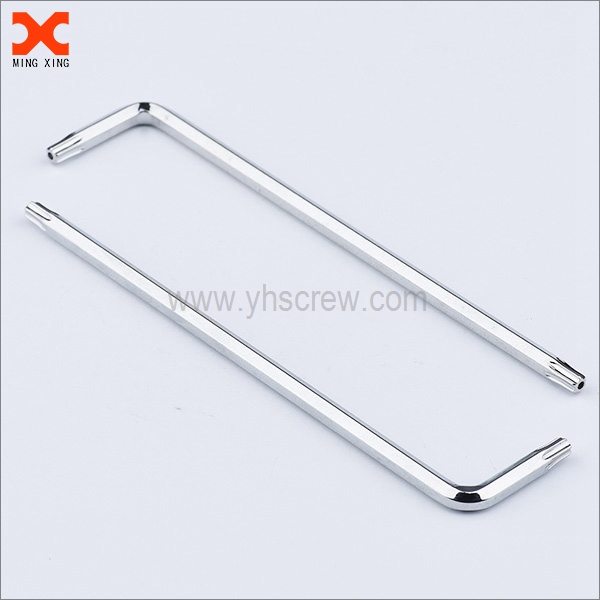
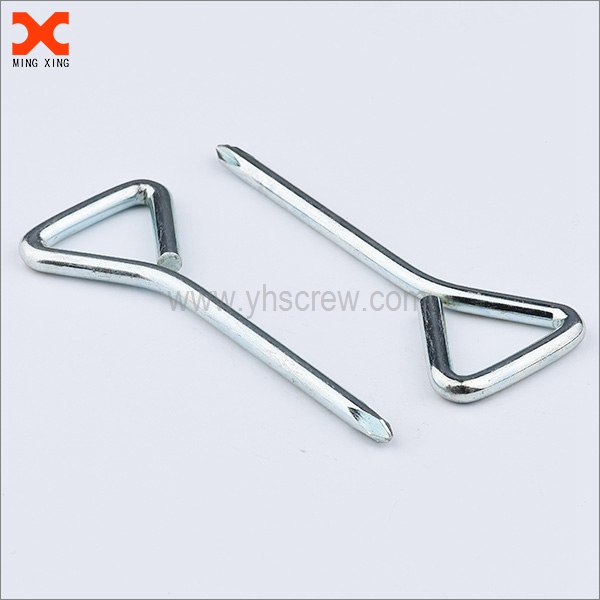
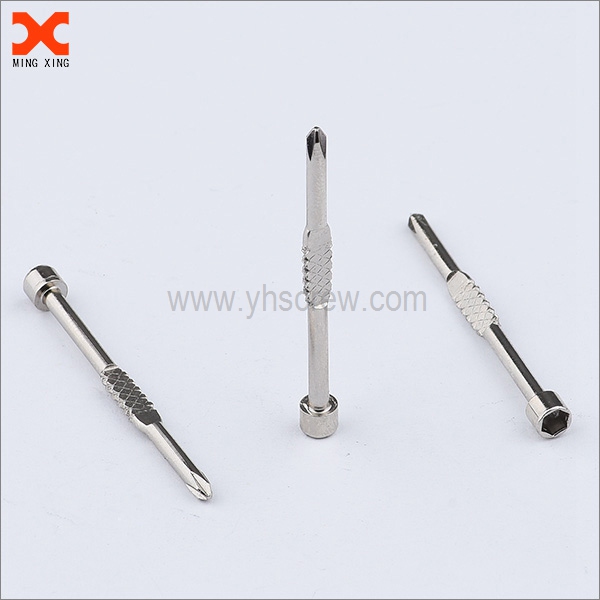
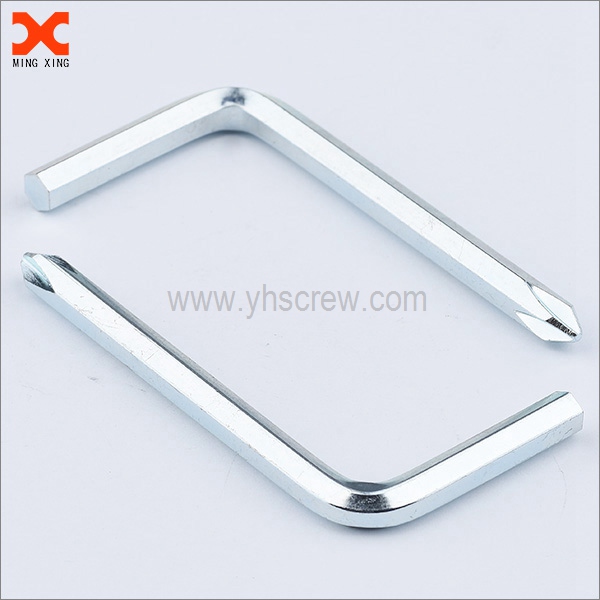
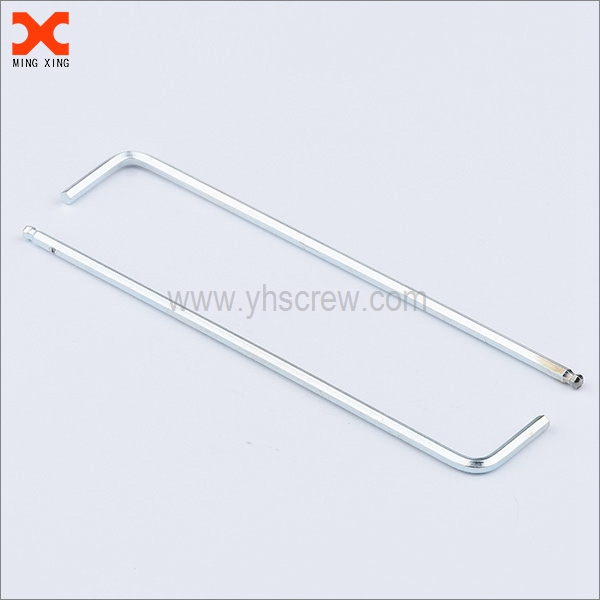
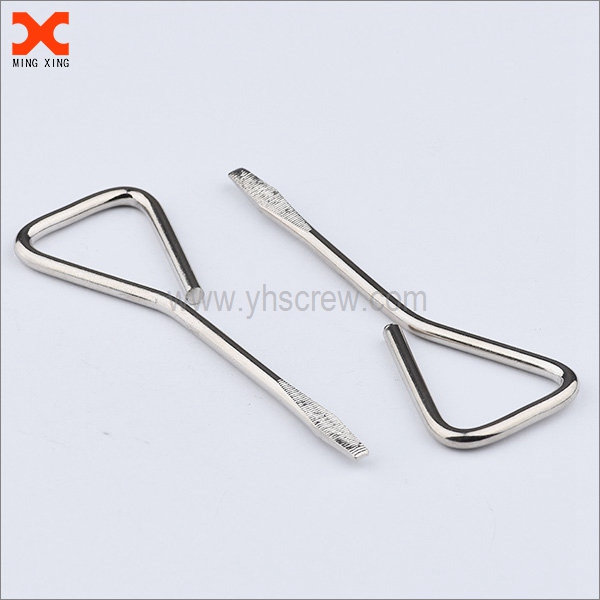
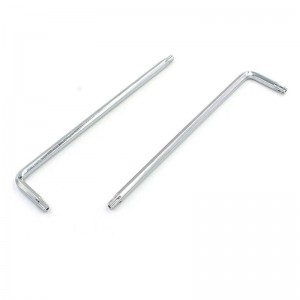
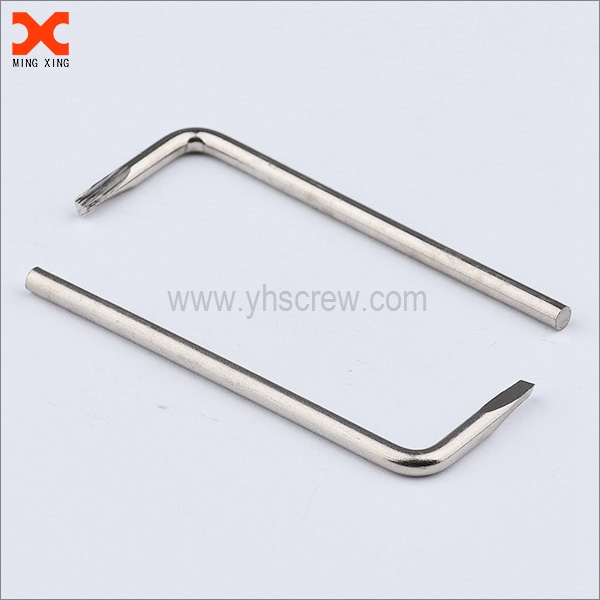

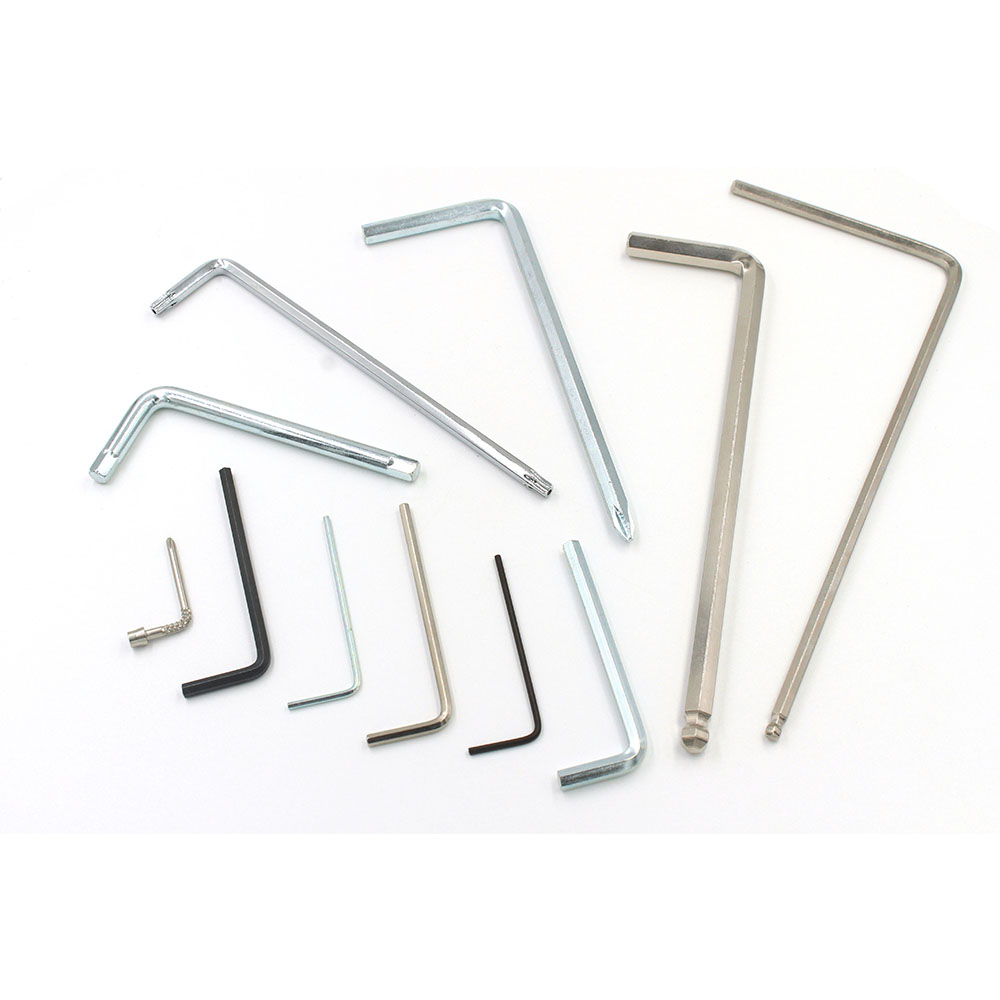
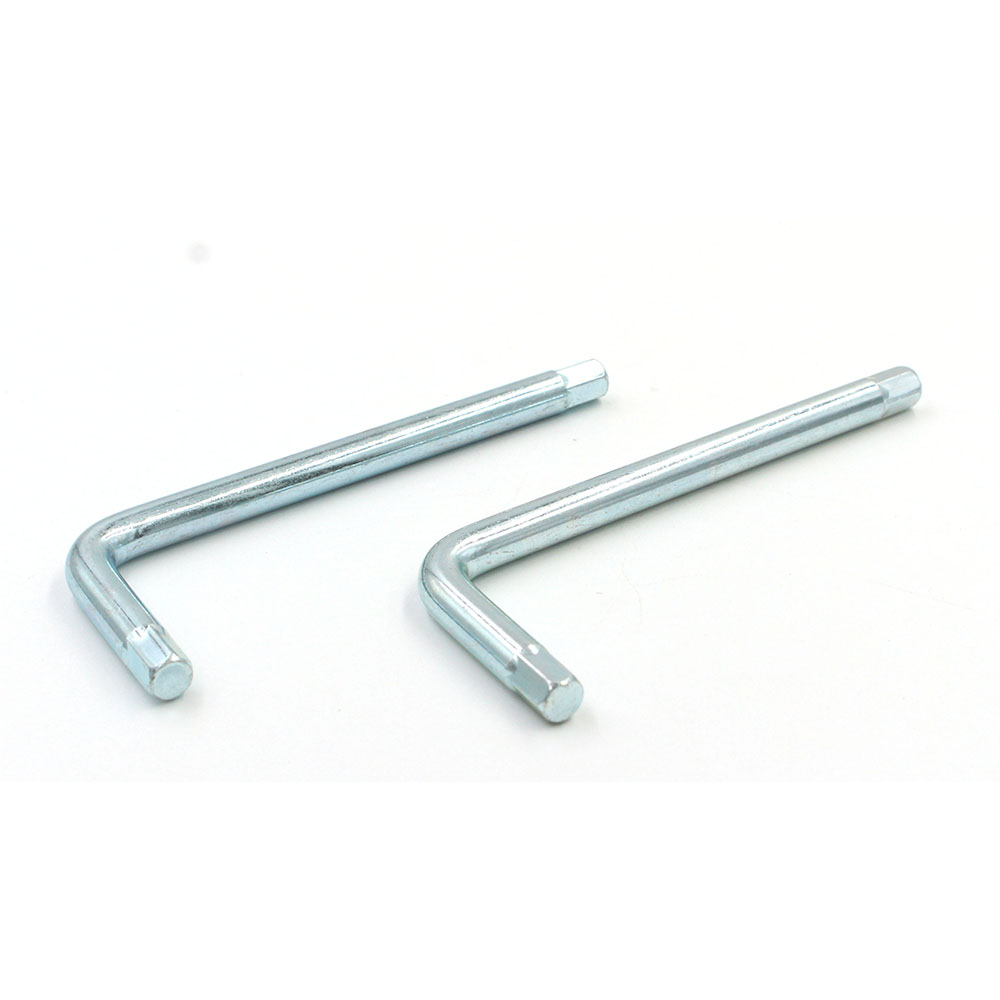
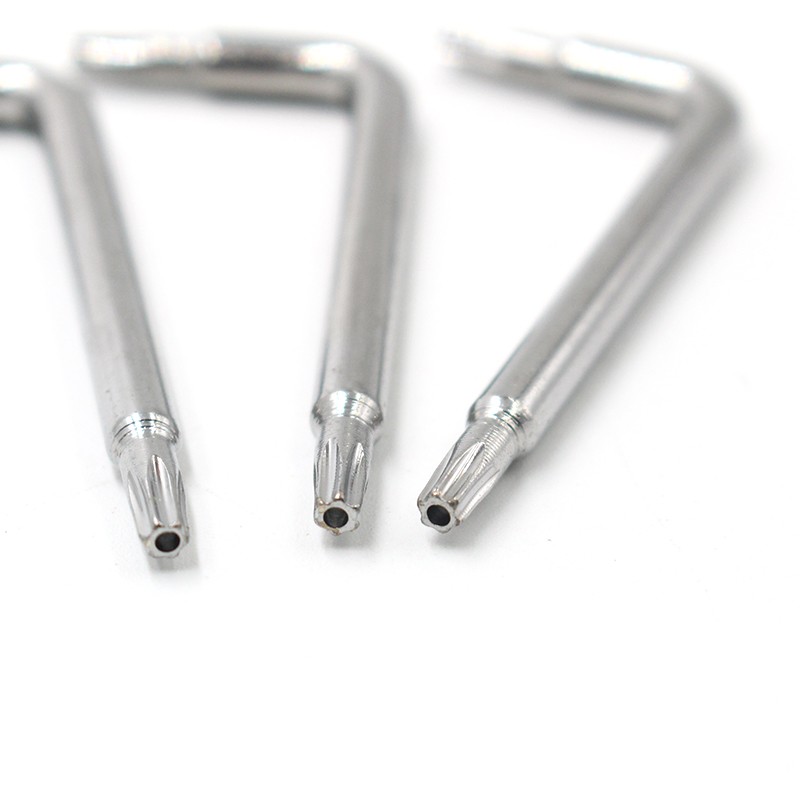
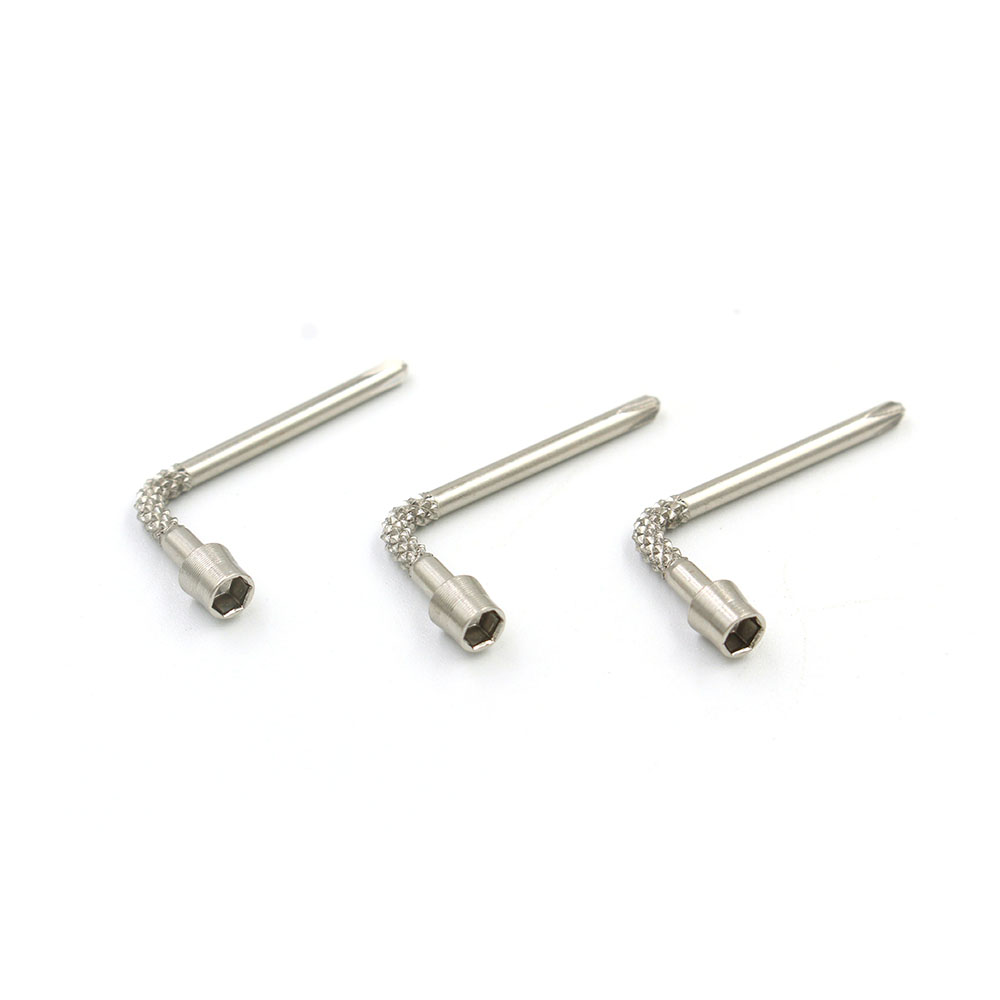
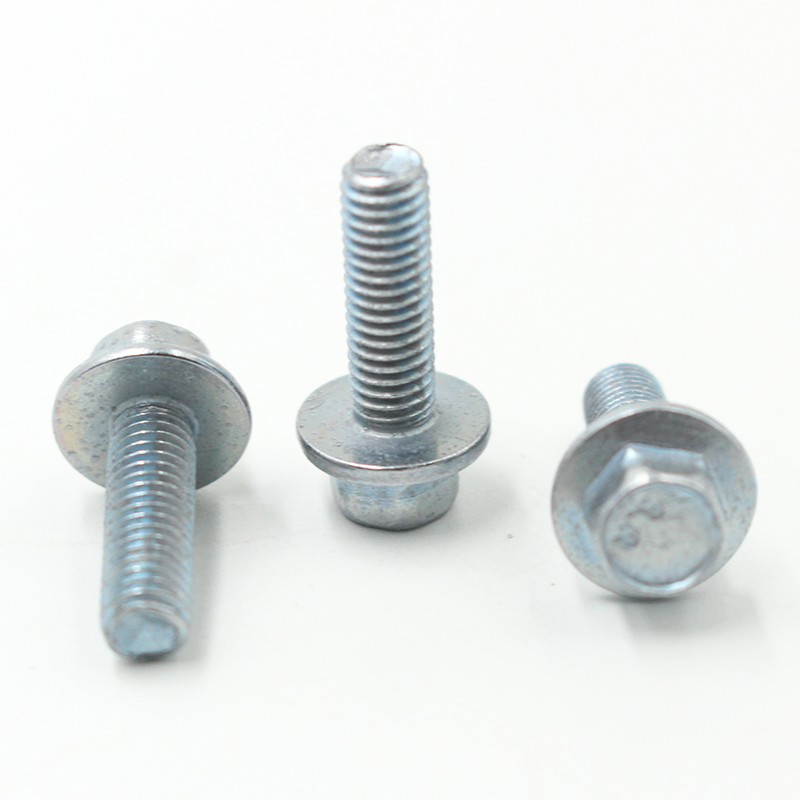 Bolts
Bolts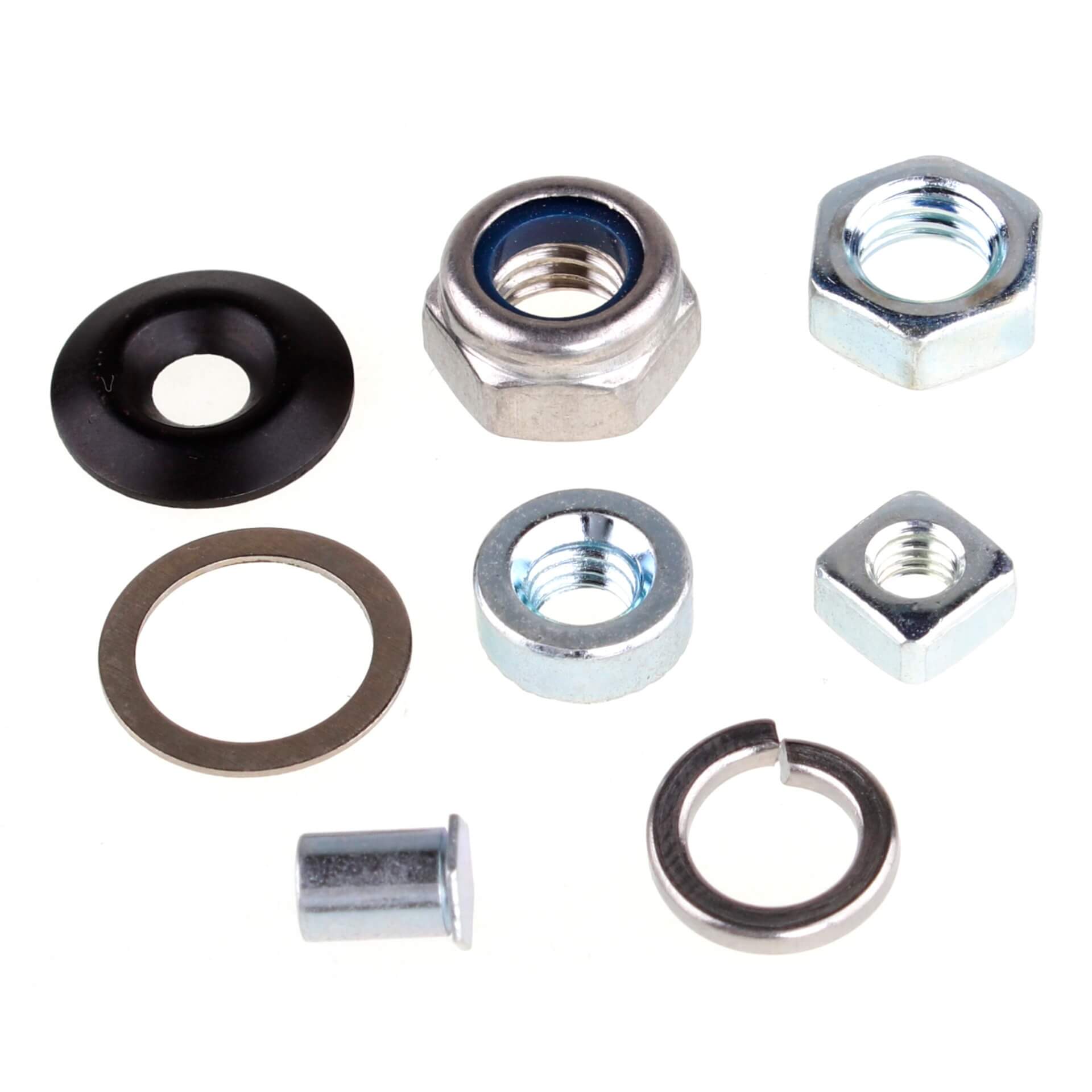 Nuts
Nuts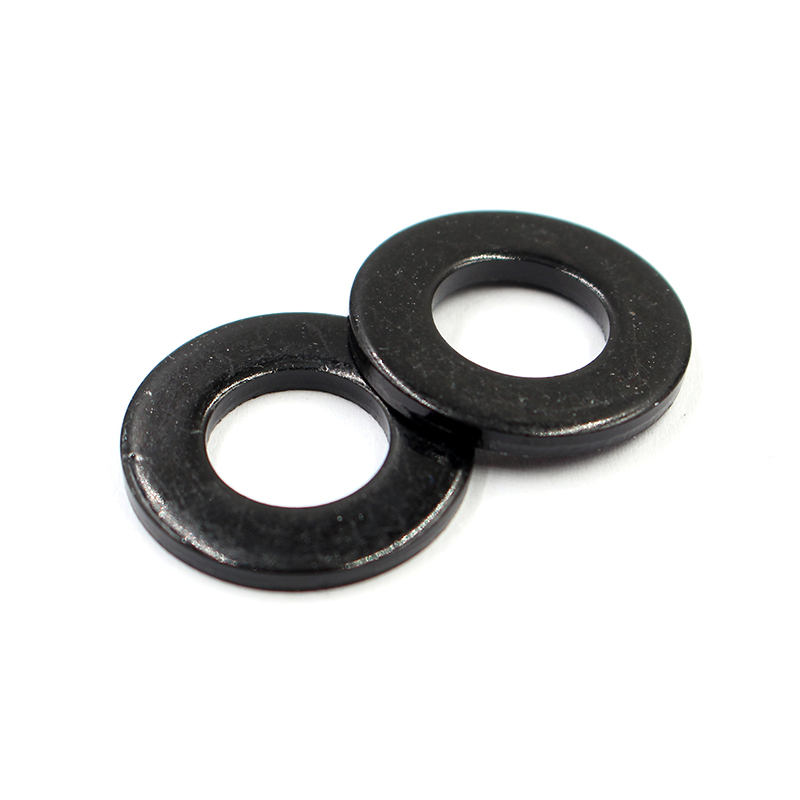 Washers
Washers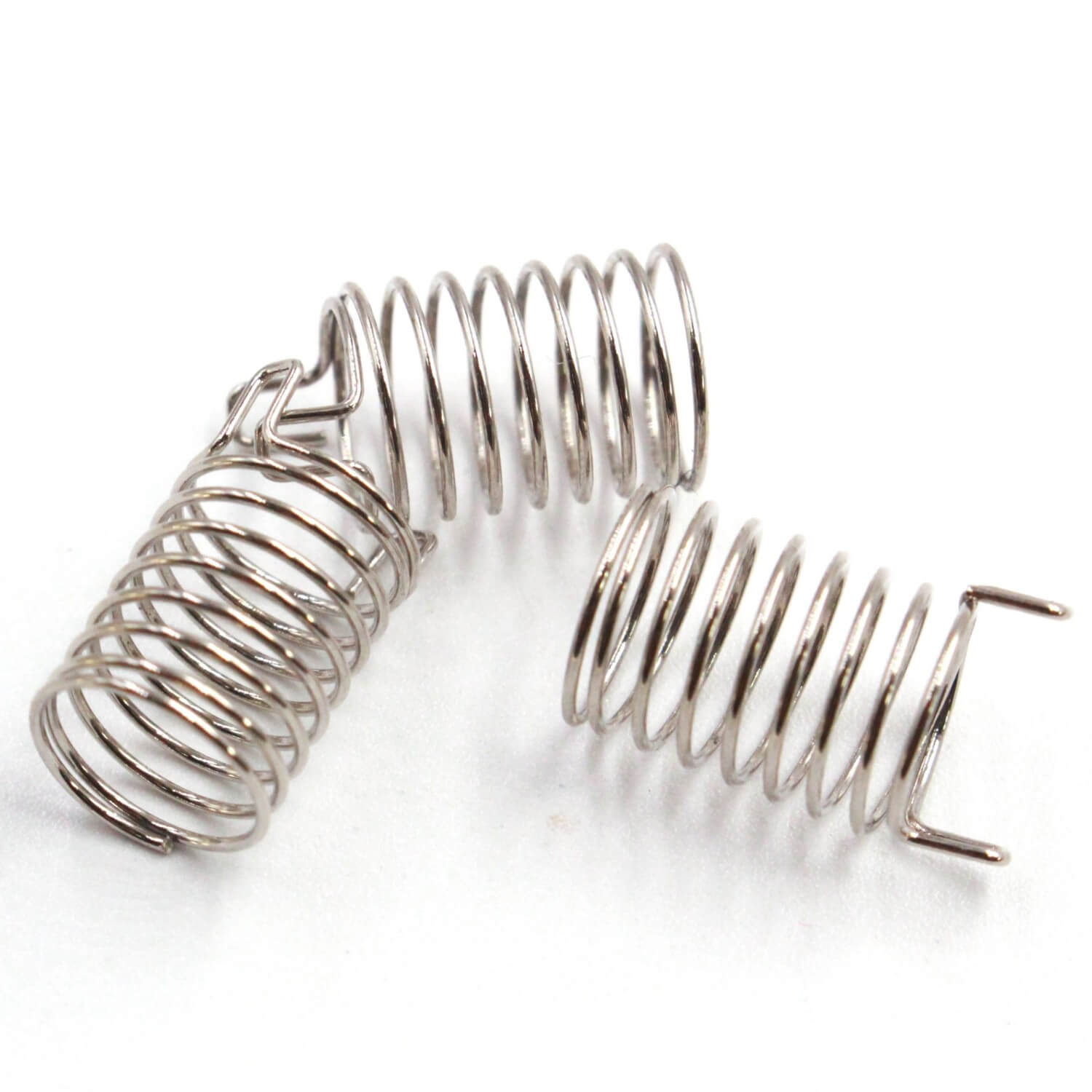 Spring
Spring





